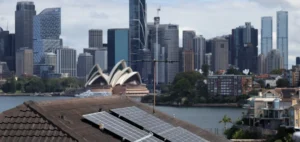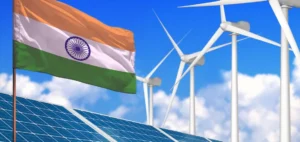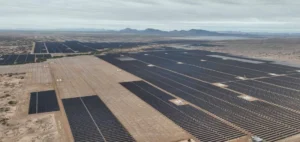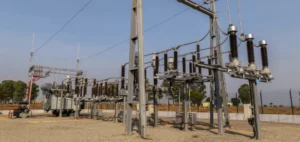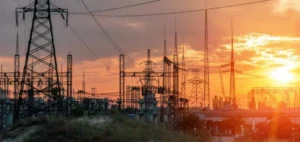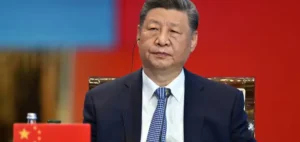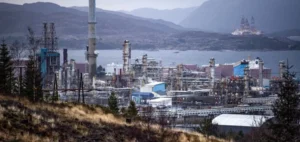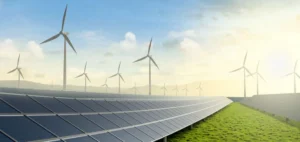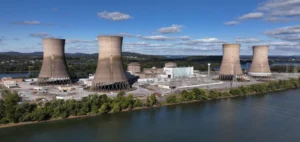In Africa, sustained investment is needed to increase energy access and economic growth on the continent. At Africa Oil Week in Cape Town, the energy crisis underscored the dependence of the global economy on fossil fuels.
Vast natural resources
Africa has an enormous potential of untapped natural resources. In the last decade, 61 billion barrels of oil equivalent (boe) have been discovered on the continent. Natural gas represents the bulk of these resources, a large part of which has yet to be developed.
The industry has been discovering major deepwater oil deposits over the past decade. The Italian company ENI is currently exploiting the “Baleine” oil and gas field, which will be discovered in 2021 in Côte d’Ivoire. In addition, TotalEnergies and Shell are discovering the Venus and Graff fields in Namibia with unprecedented development potential.
With these three major discoveries comes the prospect of exploiting barrels of oil at lower cost. Natural resourceinvestment programs in Africa are on the rise. In addition, the latest leading discoveries will fuel robust development projects.
In a context of global energy expenditure suffering from limited growth, Africa would thus outperform all other regions. In addition, investments are no longer limited to Nigeria, Angola or Congo. They now extend to Uganda, South Africa, Côte d’Ivoire, Mozambique and probably Namibia.
An acceleration of the process
In contrast, nearly half of the expenditures after 2025 are under projects subject to DIF agreements. Thus, capital allocation seems more vulnerable than ever and dependent on commodity market fluctuations. The executive committees adhere to strict budgetary discipline, preferring to redirect surplus cash to the shareholders.
Investors want to maximize the profitability of projects. Minimizing the time between the discovery of new deposits and the start of production is a challenge. Indeed, the creation of a revenue stream becomes a major axis of the development strategy.
At the same time, governments are showing interest in accelerating the process. One of their goals is to increase their revenue share. The budgetary resources of African producer states will reach the highest level in a decade.
The combined revenues of African governments from the exploitation of these natural resources would exceed $100 billion by 2022. It is in the interest of these governments to support this increase. However, Africa must also accompany this growth.
Structural developments and prospects
The first step would be to minimize bureaucracy in order to speed up the issuance of permits and operating licenses. Strengthening a supply chain that is aligned with the needs of the industry is also a fundamental prerequisite. Africa needs to maintain investor confidence through transparency and good governance.
Fiscal stability will encourage the growth of these revenues. Companies are focusing on low-cost, decarbonized assets and divesting from more mature, expensive assets. However, new local and independent players are entering the market in Africa.
The compatibility of these projects with the goal of zero net emissions is crucial. At the COP27 in Egypt, Africa, which is responsible for 4% of CO2 emissions, will reaffirm the development of fossil fuels. It is the condition for economic development and the supply of energy to nearly 500 million people.
Africa has considerable renewable resources in solar, wind and hydro power as well as forestry. Respecting the environment is a major challenge, building a low-carbon future. The challenge combines economic growth and improved living conditions, while feeding the export market.



